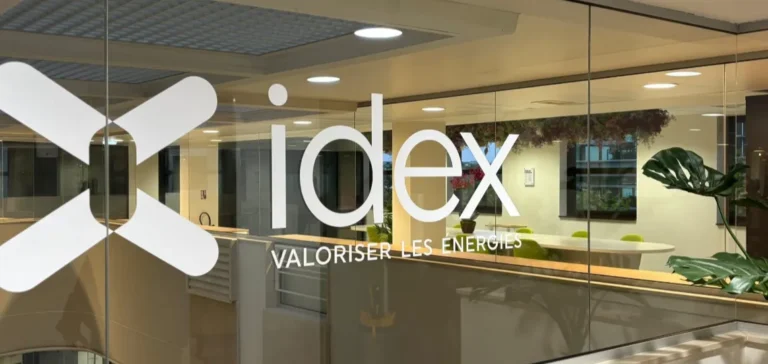Asset manager Antin Infrastructure Partners plans to divest its majority stake in Idex in early 2026, in a deal that could value the company between €3 bn and €4 bn, equivalent to $3.27bn to $4.36bn. The asset has attracted interest from J.P. Morgan Asset Management, Blackstone, TPG Capital, and Canada Pension Plan Investment Board (CPPIB), due to its direct exposure to low-carbon urban heating and its positioning in a regulated, cash flow-stable sector.
An asset scaled up by Antin since 2018
Antin acquired Idex in 2018 for an estimated value between €1 bn and €1.5 bn. As of 2024, Idex reports €2.16 bn in revenue, €180 mn in EBITDA, and about €287 mn in annual capital expenditures. The group operates 41 heating networks, 13 energy-from-waste units, and holds multisite contracts across public and private sectors, including municipalities and social housing landlords.
Investor profiles with differing strategies
J.P. Morgan Asset Management targets core+ assets with inflation-indexed cash flows. Blackstone could position Idex as a platform for pan-European consolidation. TPG may apply a more dynamic strategy by reallocating capital toward higher-growth or higher-risk segments. CPPIB, as a long-term institutional investor, would prioritise steady returns over an extended horizon with more conservative financial leverage.
Regulatory screening in France
Idex’s assets may fall under France’s foreign investment screening mechanism due to their strategic role in urban heat supply. A non-European acquirer would require prior government approval, which could come with conditions related to governance, localisation of critical functions, or long-term operational commitments.
Strategic pricing signal for the sector
The final deal value will serve as a benchmark for the valuation of other European operators. A multiple above 18x EBITDA would reinforce the perception of district heating assets as “quasi-bond” infrastructure. This could raise the financial expectations of municipalities in upcoming public service delegation renewals, especially regarding decarbonisation investments.
Implications for Idex and its public clients
Depending on the future owner’s profile, investment strategy may be refocused on higher-yield projects, possibly at the expense of lower-margin but politically sensitive network extensions. This could affect the financial equilibrium of existing concessions. A change in ownership will also reshape governance, impacting dividend policy, project selection, and operational oversight.
Political acceptability and sovereignty concerns
A transition from a French owner to a foreign fund in a local infrastructure asset may raise questions around energy sovereignty. The new shareholder’s ability to maintain decision centres in France, ensure tariff stability, and meet environmental commitments will be crucial for securing political and institutional acceptance.






















